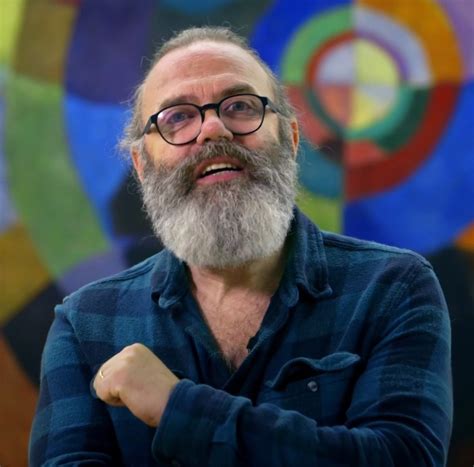A Quote by Theodor Adorno
Culture is only true when implicitly critical, and the mind which forgets this revenges itself in the critics it breeds. Criticism is an indispensable element of culture.
Related Quotes
Cultural criticism finds itself faced with the final stage of the dialectic of culture and barbarism. To write poetry after Auschwitz is barbaric. And this corrodes even the knowledge of why it has become impossible to write poetry today. Absolute reification, which presupposed intellectual progress as one of its elements, is now preparing to absorb the mind entirely. Critical intelligence cannot be equal to this challenge as long as it confines itself to self-satisfied contemplation.
On the Bigotry of Culture: : it presented us with culture, with thought as something justified in itself, that is, which requires no justification but is valid by it's own essence, whatever its concrete employment and content maybe. Human life was to put itself at the service of culture because only thus would it become charged with value. From which it would follow that human life, our pure existence was, in itself, a mean and worthless thing.
We may very well wake up in the not-too-distant future in a culture that is not only unreceptive but openly hostile to the church and the gospel of Jesus Christ, a culture in which those who proclaim the gospel will be labeled as bigots and fanatics, a culture in which persecution of Christians will be not only allowed but applauded.
We are in the process of creating what deserves to be called the idiot culture. Not an idiot sub-culture, which every society has bubbling beneath the surface and which can provide harmless fun; but the culture itself. For the first time, the weird and the stupid and the coarse are becoming our cultural norm, even our cultural ideal.
The problem of culture is seldom grasped correctly. The goal of a culture is not the greatest possible happiness of a people, noris it the unhindered development of all their talents; instead, culture shows itself in the correct proportion of these developments. Its aim points beyond earthly happiness: the production of great works is the aim of culture.
A free culture supports and protects creators and innovators. It does this directly by granting intellectual property rights. But it does so indirectly by limiting the reach of those rights, to guarantee that follow-on creators and innovators remain as free as possible from the control of the past. A free culture is not a culture without property, just as a free market is not a market in which everything is free. The opposite of a free culture is a "permission culture" -- a culture in which creators get to create only with the permission of the powerful, or of creators from the past.



































